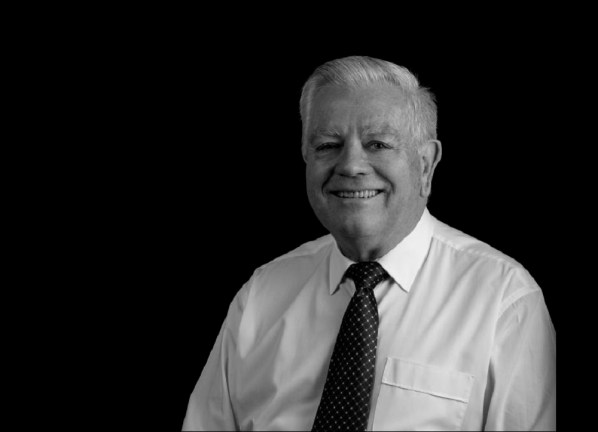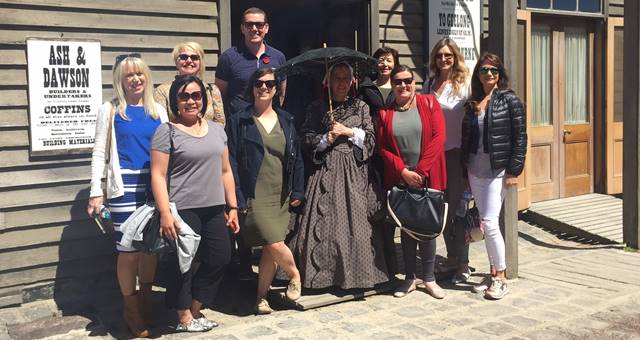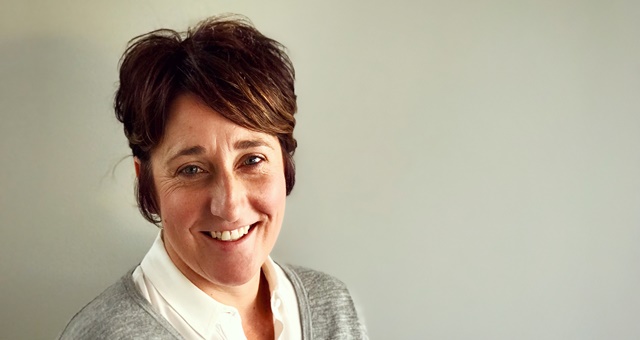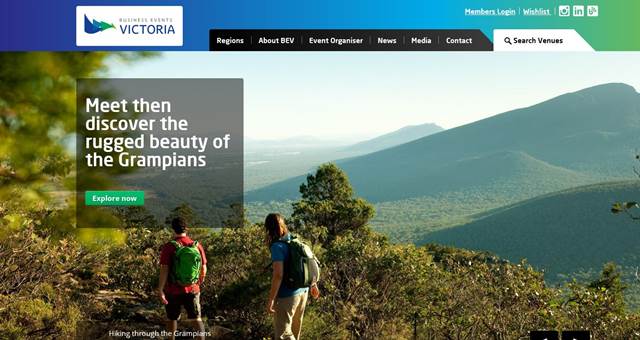
People and organisations operating in the “very vibrant” business events industry must voice their views during any federal election debate, says PCO Association president Barry Neame.
Ahead of the federal election, which is likely to take place in May 2019, Neame lobbied political parties to take into account the thousands of people the industry brings together for meetings, incentive events, conventions and exhibitions.
Neame said with the Australian Labor Party pledging to end price parity between online travel agencies and accommodation providers, the issue now has the attention it needs to be rectified.
“We have lobbied for fairer accommodation pricing for years,” he said.
“The current price parity clauses between online travel agencies (OTAs) and accommodation providers have been a barrier to negotiations between individual event organisers and accommodation providers for too long.
“All they have done is effectively secure higher commission rates for the OTAs. With the ALP intending to ban price parity clauses, the issue now has the attention it needs to be rectified.”
According to Neame, political parties should also take into account the economic impact of business and educational events.
For example, in 2015-2016 more than 38 million people attended more than 429,500 business and educational events across Australia, which generated $30.2 billion in direct expenditure and $24.9 billion in total economic contribution.
“[Business events] are major drivers of the Australian economy, generating jobs for life, international trade, investment and both regional and national economic development,” said Neame.
“The business and educational events industry is a dynamic, organised and a vital element of the visitor economy. It stands on its own two feet as a major contributor to Australia’s GDP and enables significant commercial opportunities, creates jobs and contributes to our reputation as a progressive, innovative and successful nation with which to do business.
“The events sector needs to have an ongoing voice in highlighting the sector’s economic importance to politicians who might, either positively or negatively, influence its future.”




